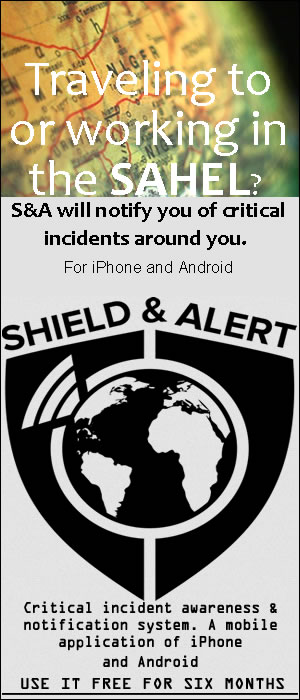The Gambia’s government on Wednesday said it had thwarted a coup attempt the previous day and arrested four soldiers. “The situation is under total control,” it added. There was no immediate confirmation of the purported plot from other sources.
Scattered witness accounts reported soldier movements around the presidential headquarters in the centre of the capital Banjul on Tuesday evening, and rumours circulated during the night of a possible coup. “Based on intelligence reports that some soldiers of the Gambian army were plotting to overthrow the democratically elected government of President Adama Barrow, the (armed forces) in a swift military operation conducted yesterday arrested four soldiers linked to this alleged coup plot,” the government said.
“The apprehended soldiers are currently helping the military police with their investigations. “Meanwhile, the army is in pursuit of three more alleged accomplices.” The tiny West African state is a fragile democracy, still scarred by a brutal 22-year dictatorship under Yahya Jammeh. Jammeh was defeated in presidential elections in December 2016 by political newcomer Barrow and fled to Equatorial Guinea, but retains clout back home.
Barrow was re-elected in December 2021 for a second five-year term with 53 percent of the vote. He won a narrow victory in legislative elections in April, but fell short of an absolute majority in the 58-seat parliament.
Troubled country
The Gambia is the smallest country on mainland Africa, straddling the river that gives it its name. It has a tiny Atlantic coastline but is otherwise surrounded by Senegal. The densely populated nation was a British colony from 1888 until independence in 1965. Its first president, former prime minister Dawda Jawara, was overthrown by Jammeh, then a young army officer, in a bloodless coup in 1994.
Jammeh ruled with an iron grip before his surprising election loss in December 2016. He initially refused to accept defeat but fled into exile after neighbouring countries intervened.
In 2017, a Truth, Reconciliation and Reparation Commission (TRRC) was set up to investigate crimes committed under Jammeh. It heard nearly 400 witnesses, both victims and also former “Junglers”, or members of the regime’s death squads. Its report, issued in November 2021, recorded a litany of death squads, arbitrary arrests, torture and disappearances, and drew up a list of officials it said should be prosecuted.
West Africa has been shaken by a series of military power seizures since 2020, in Mali, Guinea and most recently in Burkina Faso. The turbulence, along with a wave of jihadism that has unfurled across the Sahel, spurred leaders of the regional bloc ECOWAS this month to decide on setting up an intervention force to reinforce stability.




